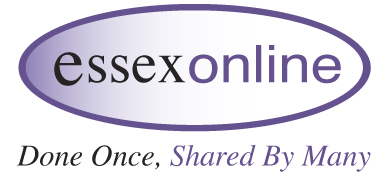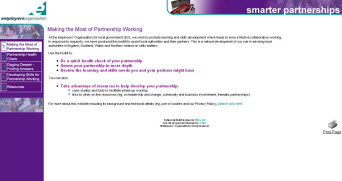Improving future use of research and evidence featured in the conclusions of the Communities and Local Government Select Committee inquiry into its work since 2010.
Looking to the 2015 Parliament, the Committee recommended exploring how organisations such as the Alliance for Useful Evidence and the What Works Centres might usefully feed into the Committee’s future work, eg, in undertaking rapid reviews of available evidence on inquiry topics.
The Alliance for Useful Evidence submitted evidence jointly with Derrick Johnstone of Educe, author of our report, Squaring the Circle: evidence at the local level. Our submission updated some developments since its publication in 2013, and set out recommendations relating to the future work of the Committee.
The Committee acknowledged several of our suggestions, not least on the need to draw on wider sources of evidence and apply standards of evidence such as those adopted by Bond, the UK membership body for international development.
The Committee expressed concern about the DCLG response to its calls to explain the evidence base lying behind some areas of policy decision-making. It is attracted by the example of the Education Committee’s ‘evidence check’ where views are invited on the strength of evidence from the Department of Education on selected Committee themes. This web forum is intended to help with identifying where contrasting evidence exists and shape future Committee work.
Among proposals for future Committee inquiries were Devolution and City Deals. We, like the RSA City Growth Commission, highlight underlying issues around analytical capacity, skills and data as a significant area of risk to successful implementation. These are worthy of the Committee’s attention, looking at, eg:
- how local authorities and their partners are adapting and strengthening their capabilities
- how far information sharing and open data developments are supporting judicious innovation and improving evaluation of impact and ‘what works’
- how well Government departments and local authorities are developing common understanding of evidence requirements, and
- the contribution of government initiatives such as the What Works Centres and the Public Sector Transformation Network to local decision-making and capacity building.




